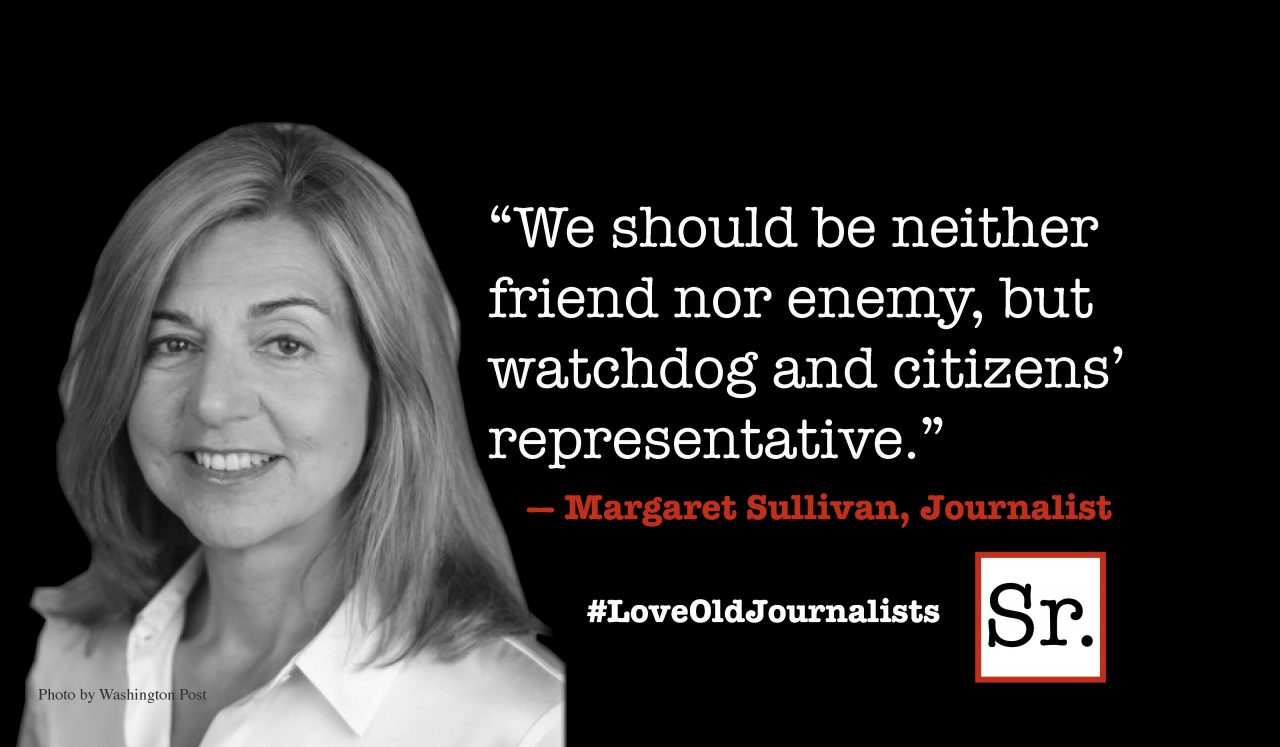Organizations that ignore dreamers die.
The two most dangerous people in organizations are dreamers who lack experience and dream-killers.
Dream-killers roll their eyes and say, “They don’t know what it takes.”
A young dreamer’s confidence is rooted in ignorance.
Reform dream-killers; develop dreamers.
7 dark qualities of inexperienced dreamers:
- Forget they need the support and backing of reasonable people.
- Think about results, but not how to get there.
- Over-emphasize benefits and under-estimate difficulties.
- Optimistically assume things fall into place.
- Feel shocked when others aren’t excited about their dream.
- Don’t enjoy convincing people their dream has value.
- Expect others to do the menial stuff.
5 things to expect from dreamers:
- Willingness to seize imperfect progress. Inexperienced dreams use imperfect progress as an excuse to do nothing.
- Hard-headedness. Dreamers are captivated by their own perspective.
- Hard work. A lazy dreamer is a waste of time.
- Persistent dissatisfaction.
- Irritating relationships with others. Reasonable folk don’t like unreasonable dreamers.
Teach 5 neglected behaviors that make dreams happen:
- Identify and gain customers. “Build it and they will come,” only works in the movies. Dreams without customers are a waste of time.
- Think like a dreamer. Talk like a doer. Dreamy-talk doesn’t inspire confidence in others.
- Learn from detractors, rather than brushing them aside.
- Develop people and grow teams. Dreams that don’t require others are too small.
- Listen more. Everyone isn’t a complete idiot.
Dreamers set reasonable people on edge. But, every team needs at least one irritating dreamer.
7 questions to ask inexperienced dreamers:
Leading dreamers tests leadership.
- Why does it matter?
- Who believes in your dream?
- How do you know they believe?
- What are detractors saying? (Dreamers probably have avoided detractors.)
- How can we start small, now?
- What’s the next step?
- How can I help?
How are you developing the dreamers on your team?
What qualities enhance a dreamers effectiveness?








